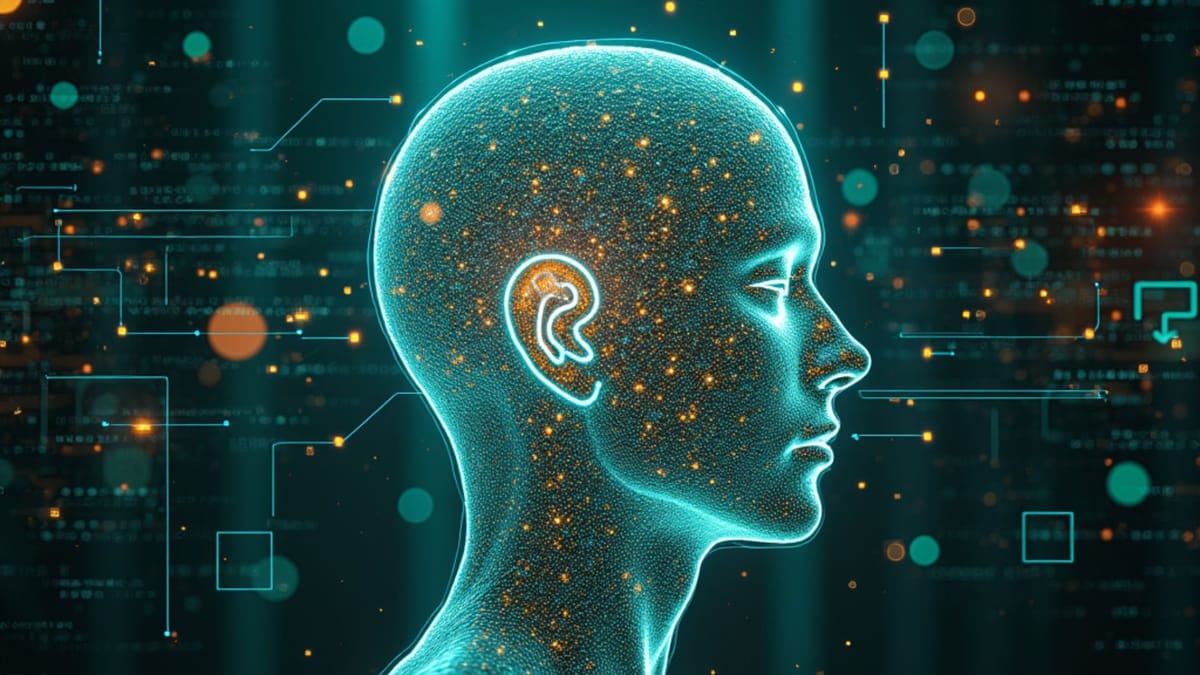The Coming Crisis of AI Over-Trust

"By default, people will be too trusting of advanced AI systems," warns Dwarkesh Patel, suggesting that our natural human response to increasingly sophisticated AI interactions may lead to unexpected social vulnerabilities.
End of Miles reports that this perception shift—from viewing AI systems as tools to treating them as human-like entities—represents a subtle but profound transformation in how we relate to technology, one with potentially far-reaching implications.
The Disappearing Line Between Human and Machine
Patel, a prominent AI podcaster and TIME's most influential voice in AI, has observed his own relationship with artificial intelligence systems evolve dramatically in just the past year.
"Using the models a year or two ago, I would use them for fun almost, or maybe in case I'm missing something. But I'm not really thinking of it as another colleague," the tech commentator explained. "And now, if I talk to an AI, I genuinely think of it as I'm talking to a human on the other end." Dwarkesh Patel
This transformation from seeing AI as a tool to perceiving it as a human-like entity happens naturally and almost imperceptibly, according to the AI thought leader. The psychological shift occurs not because of deliberate marketing or deception, but because the interactions themselves feel increasingly authentic.
Why We Can't Help But Trust
The researcher highlighted a critical aspect of this phenomenon that makes it particularly powerful: our psychological inability to maintain skepticism during human-like interactions.
"Over time as they get smarter and smarter, I'm of the opinion that by default people will not think of this as something that's a separate AI system that they have to be sort of skeptical of. If anything, they'll like by default be too trusting." Patel
Unlike other technologies that maintain obvious differences from human interaction, advanced language models create an experience that triggers our social instincts and bypasses our usual technological skepticism.
The Mechanics of Over-Trust
The key factor driving this phenomenon, according to the TIME-recognized AI commentator, is the conversational nature of these interactions.
"It just feels like you're having a lifetime conversation with a real human being," he noted, pointing to this feeling of authenticity as the core reason skepticism fails. The AI specialist
This natural human response means that as AI models improve, people will more readily accept their outputs as trustworthy, even in situations where critical evaluation would be more appropriate.
Beyond Consumer Applications
The implications extend far beyond consumer technology. As AI systems are increasingly deployed in professional contexts like healthcare, finance, education, and government services, this tendency toward over-trust could lead to excessive dependence on AI recommendations or advice.
While AI developers often focus on making their systems more accurate and helpful, less attention is paid to this psychological dimension of human-AI interaction. The tech thought leader's observations suggest that designers may need to deliberately introduce friction or reminders of AI's non-human nature to maintain appropriate levels of user skepticism.
As AI capabilities continue to advance at a rapid pace, this paradox—that better AI performance naturally leads to potentially problematic levels of human trust—represents an under-examined challenge for the industry and society. The conversational quality that makes these systems valuable may also be what makes them uniquely capable of bypassing our critical faculties when they're most needed.





